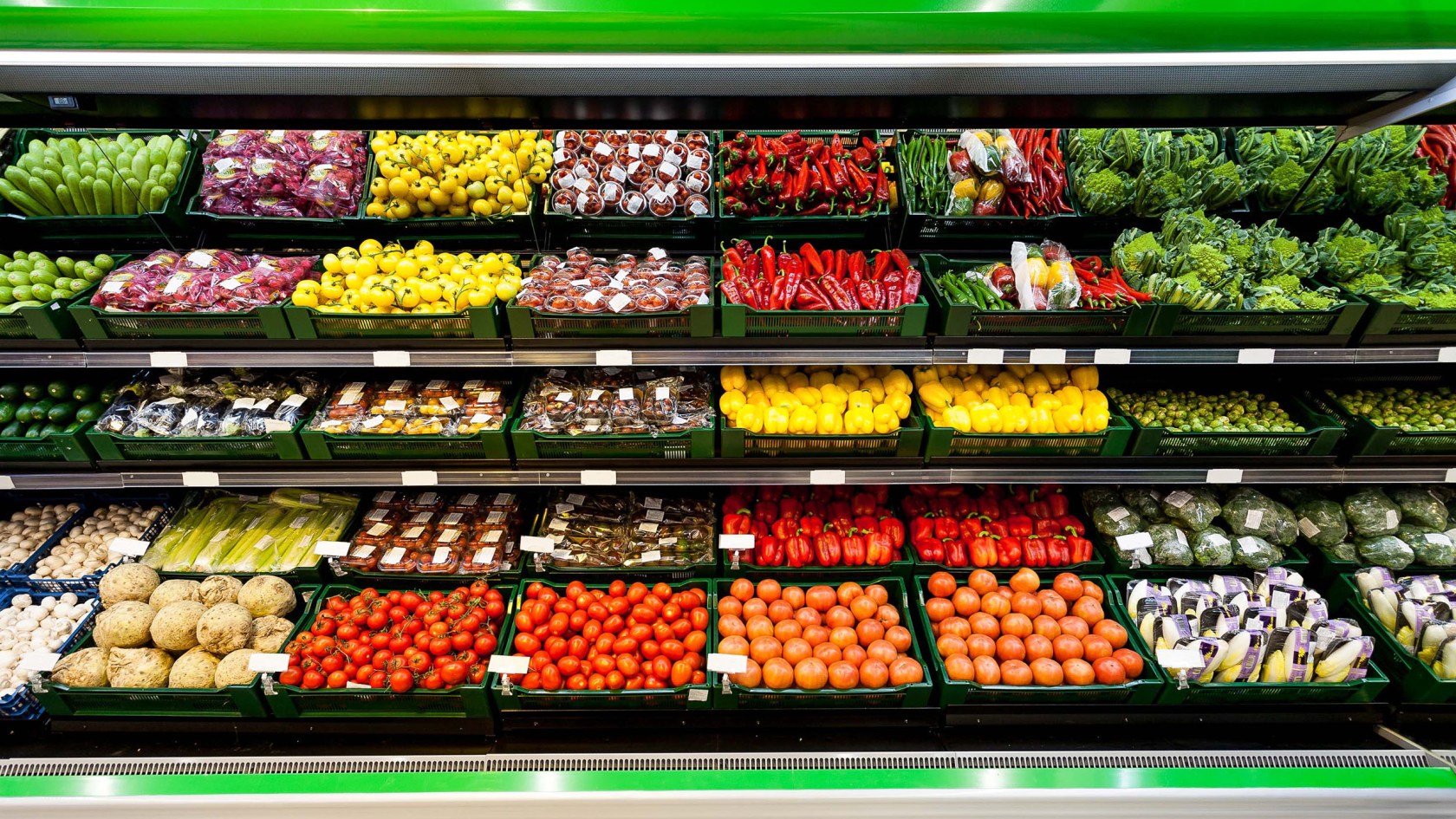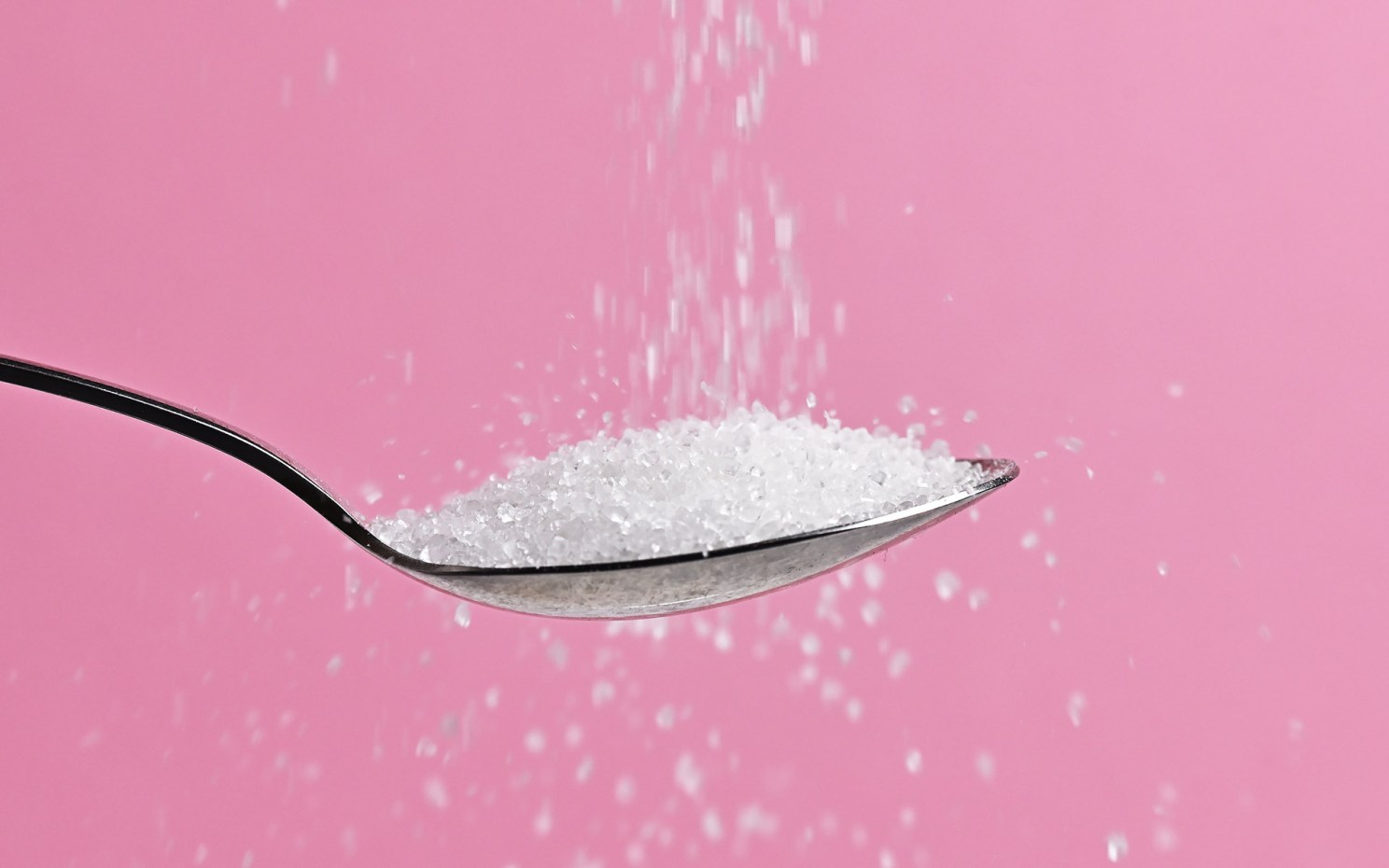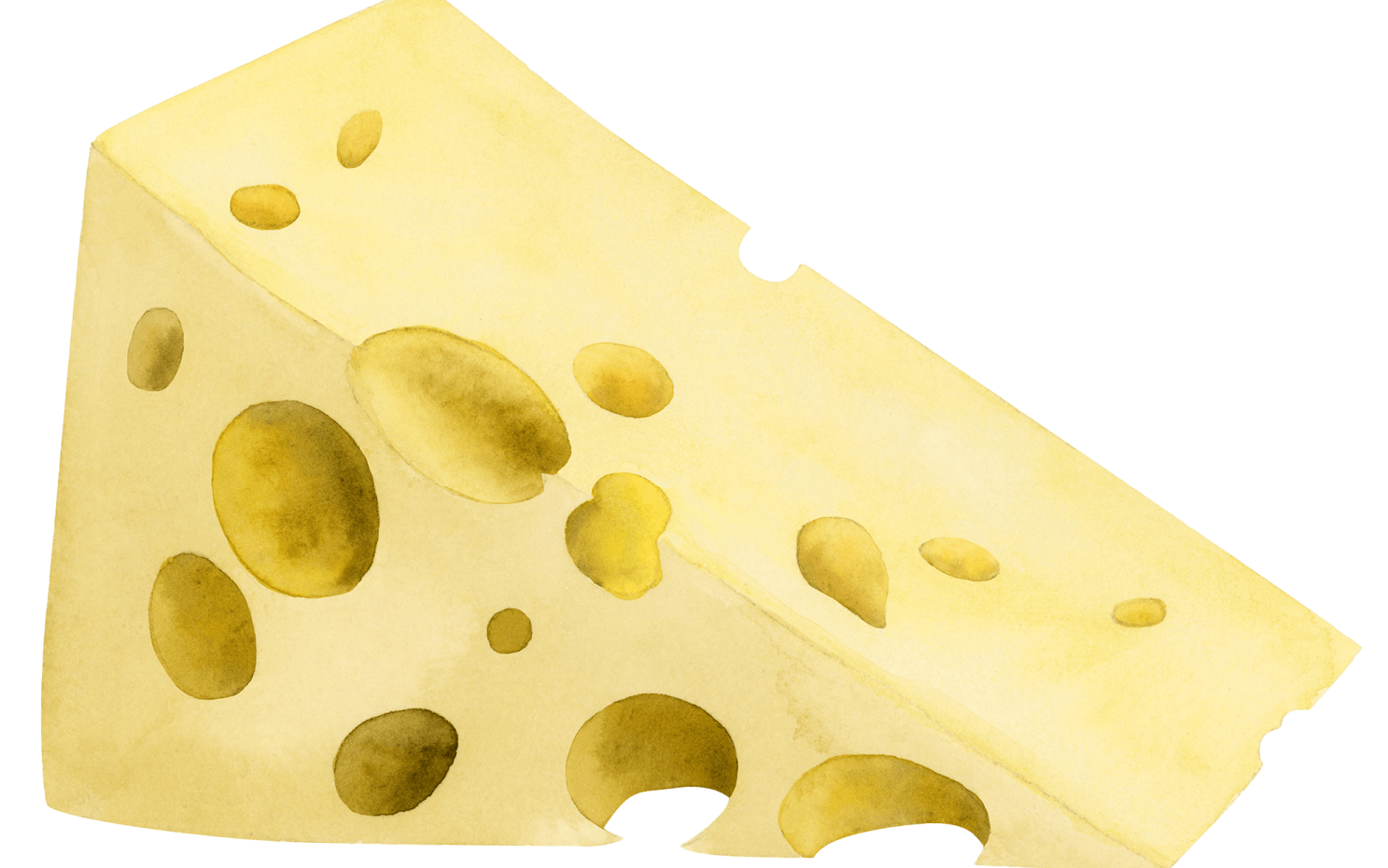Is organic better?

Not if you follow the evidence, researcher says
Part of the Wondering series
A series of random questions answered by Harvard experts.
Robert Paarlberg is an associate in the Sustainability Science Program at the Kennedy School and the author of several books on agriculture and food, including “Resetting the Table.” We asked him whether eating organic is better for us.
Is organic food, grown without synthetic chemicals, healthier than conventionally grown food? Roughly 40 percent of Americans say at least some of the food they eat is organic, so quite a few eaters clearly believe it is.
However, there is no reliable evidence showing that organically grown foods are more nutritious or safer to eat. In 2012, a review of data from 237 studies conducted at the Center for Health Policy at Stanford University concluded there were no convincing differences between organic and conventional foods in nutrient content or health benefit. The organic ban on synthetic chemicals also fails to improve food safety in the U.S., since the use of pesticides is now significantly regulated in conventional farming (insecticide use today is 82 percent lower than it was in 1972), and because produce in supermarkets has been washed to remove nearly all of the chemical residues that might remain.
In 2021, the USDA conducted its annual survey of pesticide residues on food in the American marketplace, testing 10,127 food samples from nine different states. It found more than 99 percent had residues safely below EPA’s tolerance levels, which are cautiously set at only 1/100th of an exposure that still does not cause toxicity in laboratory animals. Food scientists at the University of California, Davis, conclude from such surveys that the “marginal benefits of reducing human exposure to pesticides in the diet through increased consumption of organic produce appear to be insignificant.”
By one estimate in 2014, only 8 percent of organic sales in the U.S. were still being made by small farmers through farmers markets or through community supported agriculture.
Many consumers continue to think organic foods come from small local farms, but most now come from distant industrial farms. By one estimate in 2014, only 8 percent of organic sales in the U.S. were still being made by small farmers through farmers markets or through community supported agriculture. Over 80 percent of all U.S. organic sales are now made by corporate conglomerates like ConAgra, H.J. Heinz, and Kellogg. The biggest retailers of organic foods are Walmart, Costco, and Kroger.
Most commercial farmers, both large and small, want to use at least some synthetic nitrogen fertilizer, which means they can’t be certified as organic. This is why less than 1 percent of harvested cropland in America is certified organic. Canadian geographer Vaclav Smil has estimated that without synthetic nitrogen fertilizer, 40 percent of the increased food production required by today’s population could never have taken place. Organic yields are lower, so if we shifted more production to organic we would also have to plow up more land to produce the same amount of food, which would reduce wildlife habitat and damage the environment.
Intuition tells us foods grown without manufactured chemicals are more “natural” and therefore better for the environment, safer to eat and helping small local farms. Even the fact that organic foods are more expensive seems a reason to think they are better. But in this case, intuitive thinking takes us in the wrong direction. If we follow the science, organic food loses its apparent advantage.
— As told to Anna Lamb/Harvard Staff Writer

















